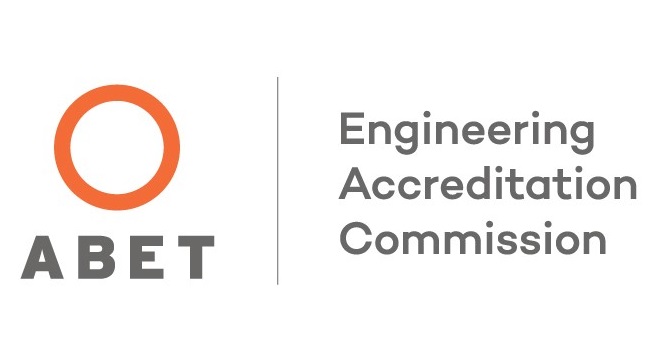Bachelor's Degree in Environmental Engineering
The interdisciplinary nature of the degree in environmental engineering at WPI offers you the flexibility to tailor your degree to your interests and career goals with the perfect blend of courses from civil and chemical engineering.
Whether your interests lie in sustainability, keeping water supplies safe, designing processes to handle industrial waste and reduce chemical toxicity, or remediating contaminated sites, the breadth of knowledge covered in the Environmental Engineering BS gives you the foundation to forge your own path in this in-demand field.


The WPI Way
If you’re interested in a environmental engineering degree at WPI, discover our award-winning faculty, cutting-edge research, and world-changing projects, along with the inspiring accomplishments of our alumni.
Curriculum
As an undergrad earning a degree in environmental engineering, you’ll work closely with pioneering faculty in environmental, civil, chemical, and mechanical engineering. You’ll learn how you can make a difference for future generations by protecting public health and preserving the environment, with courses like Water Treatment, Hydraulics, Hazardous and Industrial Waste Management, Kinetics and Reactor Design, Soil Mechanics, and Land Use Development and Controls.
You may also pursue your bachelor’s and master’s degrees concurrently with the Environmental Engineering BS/MS program.
Complementary Minors:
Project-based Learning
Hands-on, project-based learning is the cornerstone of the WPI experience, and a big reason why you’ll stand out to employers. As a environmental engineering major, your options might include supporting faculty research, conducting projects off-campus in the U.S. or abroad, and finding your niche.
More Value
Whether it’s real-world work experience through a co-op or internship, accelerating your path with a BS/MS program, or even finding opportunities to integrate coursework with extracurricular interests, personalizing your education at WPI pays off. See how WPI changes your path.
Explore WPI’s Career Outlook for Environmental Engineering
Whether you decide to pursue a degree in environmental engineering or the complementary field of civil engineering, you’ll be at the forefront of developing solutions to environmental problems while examining where our natural world and urban environment meet. Our career outlooks for environmental engineering and civil engineering have more information on average starting salaries, sample job titles, lists of companies that have hired WPI graduates, and more.
Earn a Degree in Environmental Sustainability
WPI’s hands-on degree in environmental sustainability will introduce you to the impact of complex environmental problems and changes that were created at the hands of humans. You’ll also have the opportunity to work alongside faculty, peers, and community members in solving some of the most pressing problems of our time.
Consider a Degree in Chemical Engineering
With a degree in chemical engineering from WPI, you’ll have the opportunity to explore your chosen areas of interest—everything from biotechnology, the environment, and pharmaceuticals to energy, materials, and safety—while gaining the knowledge and problem-solving skills needed to make the world a better place.
Looking to take your education further? Consider a certificate.
If you’re interested in a specialized area of environmental engineering focusing on the world’s most crucial natural resource, WPI offers both graduate and advanced certificates in Water Quality Systems and Water Resources. Both are invaluable in enhancing your knowledge base and increasing your marketability in an ever-adapting workforce.
The Civil, Environmental & Architectural Engineering Department is accredited by the Engineering Accreditation Commission of ABET.
